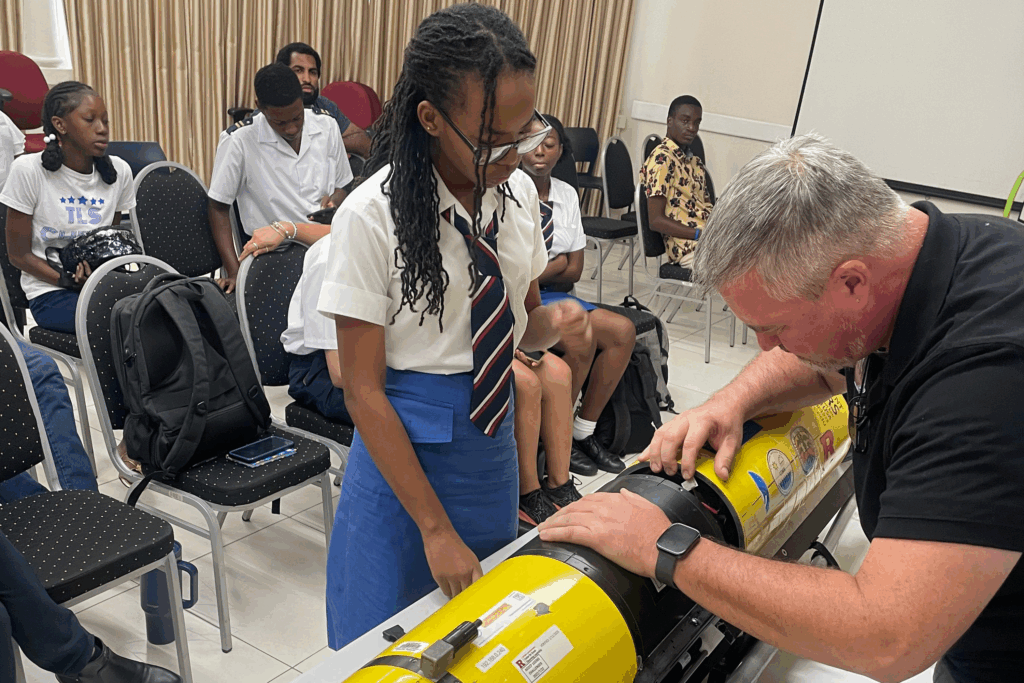A groundbreaking field experiment in the Caribbean has marked a significant leap forward in hurricane prediction, thanks to the deployment of an autonomous underwater glider. The Vetlesen Caribbean Hurricane Ocean Glider Science Field Experiment, spearheaded by the Caribbean Institute for Meteorology and Hydrology (CIMH) in collaboration with Rutgers University and other partners, has yielded transformative data that is already enhancing the accuracy of hurricane forecasts across the region. The glider, which spent three months navigating the waters between Barbados, Guyana, and Trinidad, collected critical ocean temperature and salinity readings. These measurements are pivotal in understanding the spatial variations that influence hurricane development and intensity. Dr. David Farrell, principal of CIMH, emphasized the dual benefits of the project: improving hurricane forecasting and supporting fisheries and other maritime activities. The data has already corrected longstanding flaws in existing ocean models, extending forecast accuracy beyond the surveyed areas. Scott Glenn, a professor of marine sciences at Rutgers University, highlighted the widespread impact of the glider’s data, which has improved ocean forecasts across the Antilles. This development is expected to significantly enhance early warning systems and disaster preparedness in the region. The project also integrates the Caribbean into the global Sentinel Initiative, fostering international collaboration in ocean research. As the hurricane season draws to a close, Dr. Farrell urged continued vigilance, noting that the insights gained from this experiment will guide future forecasting and preparedness efforts, better equipping the Caribbean to face potential weather challenges.
